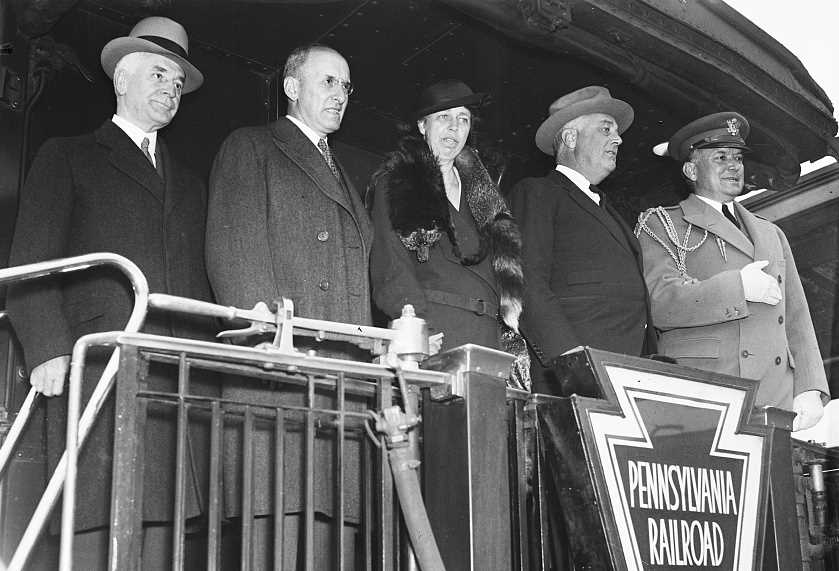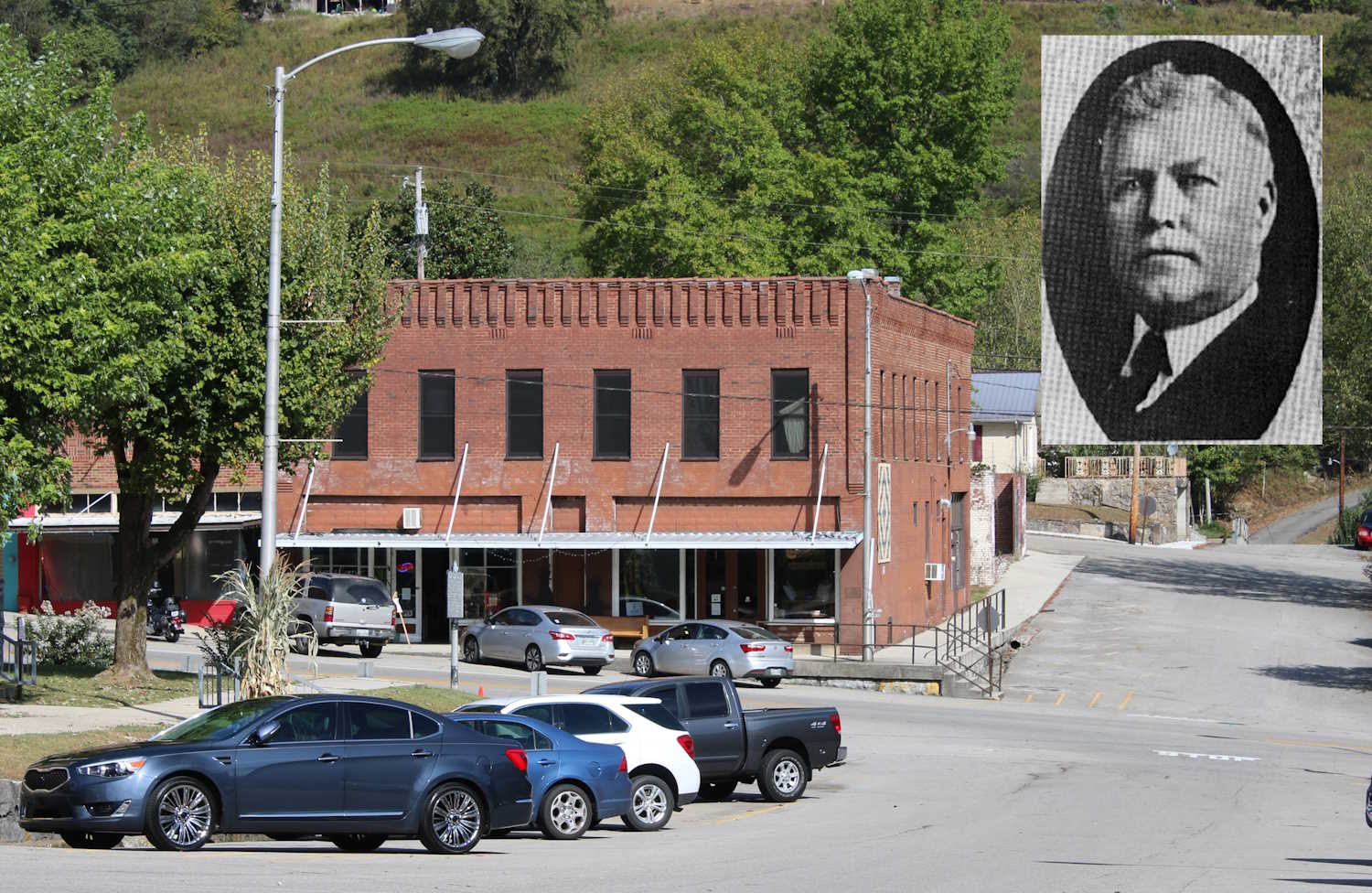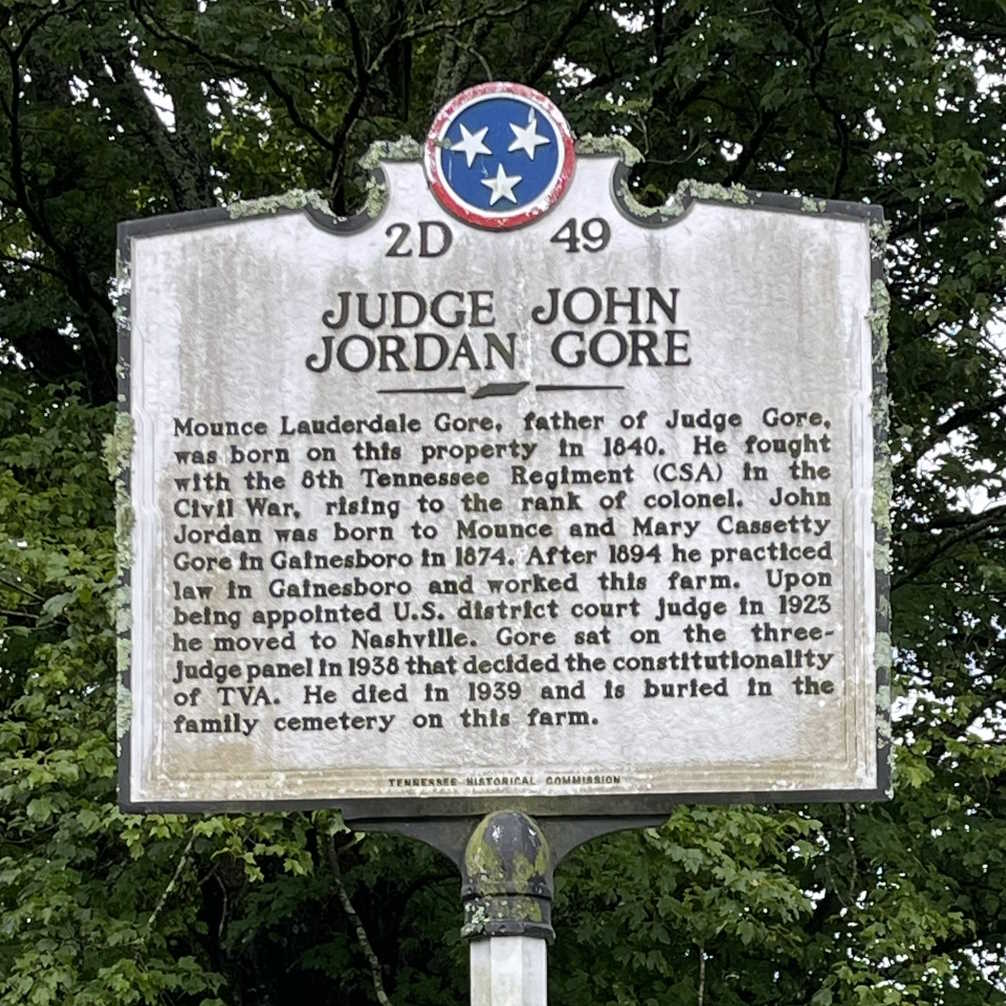Resources
Visit Homeschool History to explore resources related to this podcast.
Transcript and Photos
Ray Notgrass: On today’s Exploring History podcast, I’ll tell the true story of a man’s gratitude for the United States of America, and how two friends saved his life.
Titus Anderson: [music in background] Welcome to Exploring History with Ray Notgrass, a production of Notgrass History.
Ray Notgrass: I’m Ray Notgrass. Thanks for listening.
The true story I’m about to share with you has four main players.
Cordell Hull was born in 1871 in a log cabin in Byrdstown, Tennessee. He became an attorney and maintained an active law practice in Middle Tennessee. In 1901 he set up practice in Gainesboro, Tennessee. Hull later went into politics. He served for many years in the U.S. House of Representatives and then in the U.S. Senate until Franklin Roosevelt nominated him to be secretary of state. In that role he helped to found the United Nations, for which he received the Nobel Peace Prize in 1945.
The second player is John Gore, who was born on his father’s farm outside of Gainesboro in Jackson County, Tennessee, in 1878. He also became an attorney, and he and Hull practiced together in Gainesboro for about a year and became close friends. Gore continued his law practice until 1923, when President Warren G. Harding nominated him to be the first federal judge of the new Middle District of Tennessee.
The third player is Mrs. Lillian Bogatsky, a Jewish woman who lived in Nashville and who was a friend of Judge Gore.
Finally, we have Mrs. Bogatsky’s nephew, Elias Skovron, who was a young Jewish man in Poland in the 1930s.
Now for the story. Mrs. Bogatsky was understandably concerned for her nephew’s well-being in Poland as the Nazi German threat of a takeover of Poland increased during the 1930s. Elias, who was concerned about losing his life in a Nazi invasion, wrote to his aunt, Mrs. Bogatsky, in Nashville to see if she could help him. Mrs. Bogatsky got in touch with Judge Gore and explained the situation, and Gore contacted Secretary of State Hull. Hull was able to obtain an immigration visa for Skovron, who left Poland and came to the United States in 1938. Skovron lived with his aunt in Nashville.
The next year, Hitler’s army invaded Poland. The Nazis murdered three million Jews in Poland. One of Skovron’s brothers survived, but the rest of his family was wiped out.
Skovron later served in the U.S. Army, and then became a successful businessman in Nashville. He married and enjoyed his life of freedom and opportunity. Skovron later said, “I escaped with my life and have remained profoundly grateful to Judge Gore and Cordell Hull from the day the fateful letter came.”
Elias Skovron died in 2007. He left his estate of over one million dollars to eleven charities, including an annual bequest in perpetuity to the Jackson County Historical Society, where Gainesboro is located, in honor of Judge Gore. The first use that the historical society made of the annual gift was the purchase and erection of a Tennessee Historical Society marker at the judge’s former home telling about Judge Gore. That home is where Charlene and I have lived since 2004. The marker is in our front yard.
Skovron also left $200,000 to the United States Treasury. As he explained it, “It’s one small way to give back to a country which has been so generous to me and which gave me the gift of liberty and life through Judge Gore and Cordell Hull.”
Jewish Polish immigrant Elias Skovron correctly gave John Gore and Cordell Hull credit for saving his life. Skovron lived a life of gratitude for what Gore and Hull did and for the country where he had the chance to live and succeed.
Cordell Hull was a Democrat; John Gore was a Republican, but they rose above party differences to save a man’s life. How much we need that spirit of nonpartisanship to address the issues confronting us today.
You never know how a friendship might open a door for service, even many years later. You never know when you will have the opportunity to bless someone, perhaps even to save his or her life.
One of my dad’s sayings was, "Never pass up the opportunity to say thank you." Following the example of Elias Skovron, let’s be grateful to God this Thanksgiving for our country and for all our blessings.
I want to acknowledge the assistance of the book Sons of the Cumberland: The Early Years of Cordell Hull and John Jordan Gore by Mark Dudney.
I’m Ray Notgrass. Your listening to these podcasts is a blessing to me, and I am thankful for every one of you. Happy Thanksgiving.
Titus Anderson: This has been Exploring History with Ray Notgrass, a production of Notgrass History. Be sure to subscribe to the podcast in your favorite podcast app. And please leave a rating and review so that we can reach more people with our episodes. If you want to learn about new homeschool resources and opportunities from Notgrass History, you can sign up for our email newsletter at ExploringHistoryPodcast.com. This program was produced by me, Titus Anderson. Thanks for listening!
Visit Homeschool History to explore resources related to this episode.


